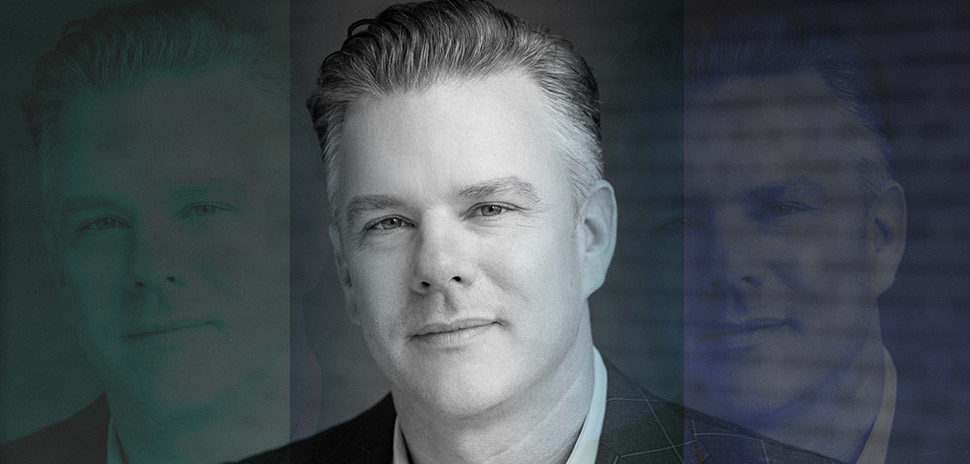DISRUPTION IS THE NEW NORMAL
When I meet people for the first time, the conversation goes something like this:
“So, what do you do?”
I reply, “I help companies understand the future so they can make better long-term decisions.”
“Do you have a crystal ball?”
Or, my favorite, “If you can see into the future, what am I going to eat for dinner?”
Most people have a healthy skepticism about how anyone could see into the future. But then I ask if they’ve read about self-driving cars, drones, and other emerging technologies. The questions continue:
“Some forecasts suggest self-driving cars might go on sale as early as 2018. What do you think the carpool policies might be with self-driving cars?”
“If scientists cure heart disease, cancer, and Alzheimer’s, the average life expectancy might rise past 100 years. How do you think that will affect retirement planning?”
“Does your company produce anything that a 3D printer might be able to copy in the future, and should that be a concern for your shareholders?”
Technology is changing our economic landscape faster than most people expect or can keep up with.
Once people start thinking about the implications of these questions, they begin to understand what thinking about the future means, and how it can be very rational and reasonable. After all, we aren’t making point predictions about one specific future. We’re helping organizations think about what’s possible, even if it’s unlikely, so they can be better prepared to deal with all futures.
Dallas is home to a diverse group of organizations that can benefit from thinking about the future. Now thinking about the future can be scary. If the past decade has taught us anything, it’s that technology is changing our economic landscape faster than most people expect or can keep up with. When faced with certain difficult futures, many organizations will bury their heads and “hope for the best” or “hope for a return to normalcy.” But disruption is the new normal.
Change is inevitable. Every industry, every sector, every company will need to adapt.
Change is inevitable. Every industry, every sector, every company will need to adapt. And the first step to adapting is understanding what lies ahead.
Here are a few examples of emerging technologies that may be able to give Dallas companies a competitive advantage:
- Image recognition has improved dramatically. Computers now have the ability to spot patterns and objects among vast quantities of visual data. In fact, this technology may give rise to virtual scouting agencies that can analyze photos and videos to recommend potential models and athletes, as well as spot fashion and food trends on social media. Dallas is home to several major league sports teams and an ever-growing fashion and food scene. Could your company benefit from developing or making use of such tools?
- Consumers will have a stronger role in diagnosing their own illnesses and diseases through the use of emerging digital health-monitoring devices. Patients will get health diagnostic information in real-time on their mobile devices and be able to share the results with their doctors remotely, using video conferencing to chat with their doctor. The doctor could then send off a prescription (which in several years might be delivered via PharmaDrones) without the patient ever stepping foot in an office. Dallas is home to some of the best healthcare systems in the country. Might you see opportunities for your organization to be involved in this space?
- Many tasks once thought to be too delicate, too complex, or not cost effective to automate will likely see increased use of robotic systems. Progress in AI, machine vision, sensors, motors, and advanced materials are driving a new wave of automation that will have applications in manufacturing, the service sector (cleaning, maintenance, food preparation), medicine (surgical robots), and the home (home and personal care robots). Dallas is home to renowned academic robotics programs and robotics companies. How could automated robotics impact your business? Would you be at a disadvantage if your competitors partnered with a robotics firm to automate some of their processes?
Because technology is changing so rapidly, companies need to understand the impact of consumer trends and technology trends in tandem—how technologies impact and alter consumer lifestyles and how consumers affect the development and application of new technologies.
I hope I can help inspire Dallas companies to invest more time thinking about the future to build a better, more successful community.
For a daily dose of what’s new and next in Dallas-Fort Worth innovation, subscribe to our Dallas Innovates e-newsletter.



























